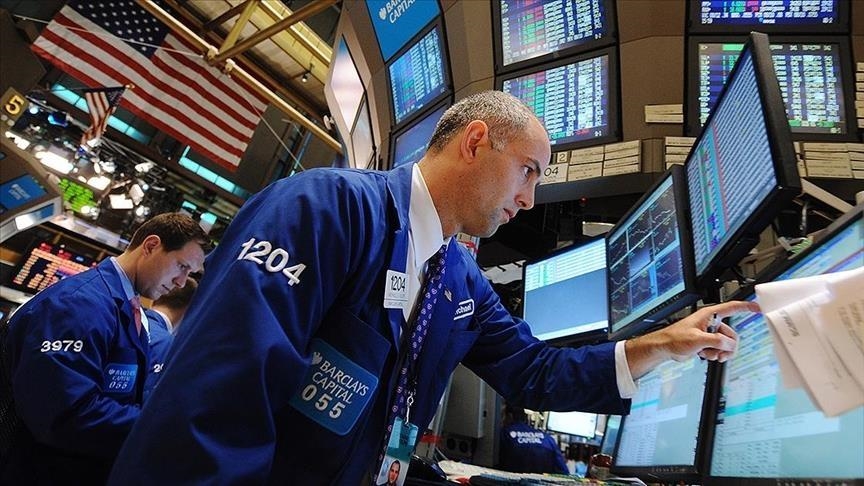ISTANBUL
After a negative course in global markets due to inflationary pressures and increased recession risk last week, investors and analysts focused on the central banks’ meetings, which will announce the interest rate decision next week.
In the US, more-than-expected inflation rate for the August last week, at 8.3%, increased expectations for a 75 basis points interest rate hike by the Fed, while some analysts expect 100 basis points.
Last week, the US stock exchanges dropped; Dow Jones by 4.13%, Nasdaq by 5.48% and S&P 500 by 4.08% on a weekly basis.
The Fed will announce its policy rate decision on Thursday next week.
In the Europe side, energy crisis and recession risks were main agenda topics last week.
Against high energy prices and energy shortage, the EU and member countries announced some measures such as extra taxation on energy companies, reducing taxes on energy bills, limiting temperature in public buildings and providing monetary help for households.
Last week, versus the previous week, Germany’s DAX index lost 2.65%, French CAC 40 decreased by 2.17%, the UK’s FTSE 100 by 1.56%.
The UK’s Bank of England, which will announce interest rate decision next week, is expected to increase the rate by 50 basis points to 2.25%.
In Asia, China’s economic slowdown and weak Japanese yen are main topics.
Last week, China’s Central Bank decided to keep its policy rate at 2.75%.
In Japan, the Bank of Japan (BoJ) carried out a rate check on Wednesday, which is a precursor to intervention for the direct market action after the USD/JPY parity hit 145 level.
The BoJ will also announce the decision on interest rates on Thursday.
Last week, China’s Shanghai index lost 4.16%, Japanese Nikkei 225 by 2.29%, Hong Kong’s Hang Seng by 3.1%, South Korea’s Kospi by 0.06%, and Indian Sensex by 1.59%, on a weekly basis.
Next week, Türkiye’s Central Bank will also announce its policy rate decision on Thursday. Markets expect it will keep the rate constant.

